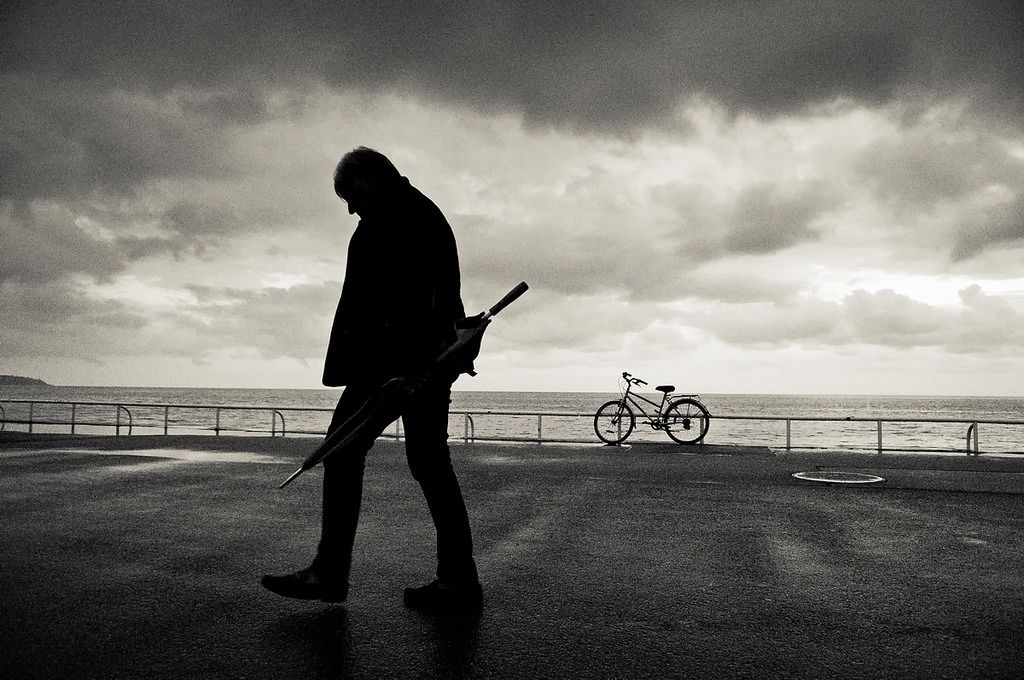There can be any number of reasons why people choose to drop out of society and their social circle. Some of the most common are bad health, divorce or being sacked.
However, these people can become more and more lonely and it is then hard for them to build new friendships, a new study carried out by SFI, reveals the national research centre for welfare on behalf of TrygFonden.
In the study, 18 percent of Danes admitted to feeling that they have trouble participating in the areas of daily life which are considered normal by most people.
The survey interviewed 2,292 people between the age of 18 and 70 using indicators to measure their relationships – both socially and health-wise – to a number of different areas in life.
More and more left out
By far the majority of Danes thrive in their everyday lives and think of themselves as full members of the communities in which they move.
However, around 4 percent are struggling with problems so massive that they don’t feel part of the community anymore.
These people end up feeling more and more alone.
READ ALSO: Smaller municipalities missing out on welfare funds for the vulnerable
“If it is sickness or unemployment that pervades their life, they often have the feeling of being looked down upon,” said researcher Lars Benjaminsen, the main writer of the survey.
How best to help?
“We should get away from the idea of talking about groups dropping out of society but rather focus on how we as a society can give everyone the possibility to take their place in the community,” added Benjaminsen.
And it is precisely the complexity of their problems that makes it difficult for the system to help the vulnerable.
The survey shows that many of the most vulnerable Danes need more help to cope with physical or mental suffering. The majority of the unemployed and those off work due to illness would like to work and greater help is also required here.
More effort required
“The results of our survey show that civil society can play an important role in including the most vulnerable Danes in the community, but that is dependent on the social welfare system increasing its efforts with this particular group.”
However, even though the most vulnerable feel in many ways excluded, a number of them try to remain active where they can. Almost one in four take part in some kind of organisation or sports clubs and are active in different groups.











